Reading and Riding
“The more I read, the more I felt connected across time to other lives and deeper sympathies. I felt less isolated. I wasn’t floating on my little raft in the present; there were bridges that led over to solid ground. “ ~ Jeanette Winterson*
I’m currently reading a book called “Why Be Happy When You Could Be Normal?” It caught my eye on the library shelf and has delivered the promise a title so often doesn’t live up to. You may have heard of the author, Jeanette Winterson, who has written many other books, including several for children and a book called “Oranges Are Not the Only Fruit,” which later became a three-part BBC series. Winterson was adopted by a family that would frighten the bravest of souls – she survived by pursuing her love of literature and writing.
“So when people say that poetry is a luxury, or an option, or for the educated middle classes, or that it shouldn’t be read at school because it is irrelevant, or any of the strange and stupid things that are said about poetry and its place in our lives, I suspect that the people doing the saying have had things pretty easy. A tough life needs a tough language — and that is what poetry is. That is what literature offers — a language powerful enough to say how it is.” ~ Jeanette Winterson*
When I was a kid, one of my favorite things to do was to ride my bike to the library and load up with a basket full of books. I read voraciously. Like someone in the desert desperately searching for water, I’d lose myself in the oasis of books. I’d tote a bag full of them back home and lock myself away in my bedroom for most of the day reading one story after another.
There was “Pippi Longstocking” and characters like Wild Horse Annie in “Mustang Wild Spirit of the West.” And there was “Charlotte’s Web,” “The Wind in the Willow” and “A Wrinkle in Time.”
I couldn’t wait to get done with one stack of books so I could run back to the library and load up with another. The ride alone was a treat — that feeling of independence that came from propelling myself to where I wanted to go.
I took my time getting to the library so I could explore different streets. When I was old enough to go farther on my bike, I rode to the main county library, where they had more selections and the bike ride lasted twice as long.
The ride created it’s own story. I was on horseback, riding out west. I was riding the Tour de France. Cloud formations became mountains, as I rode through the Colorado Rockies. Creeks were roaring rivers that I had to cross over on a rickety, swinging bridge.
Books and the characters in them were my friends, teachers, and role models. The main character of a story had difficulties, but they came out okay. They told me I would too.
As I’ve been riding my bike every day during the month of April, I find that bit of magic is still there. But it’s been funny. At work and even running in to strangers, when they see me or hear about my riding, their first question is often, “How far do you ride?”
I get a bit defensive, because I don’t ride all that far. So I’ll say that I don’t really know how many miles I cover. That I’m fitting in riding between many other things I have to do. That I’ve been sick a lot in April. And that the weather has made riding difficult. But really, a physical distance is not the point and those excuses draw me away from what I actually gain from my rides.
It’s not about time or distance or speed. It’s about forgetting, at least for a time, about the destination. And just enjoying the feel of legs going in a circle, the rhythm that propels me forward, the angle it takes to turn a corner and at what point I might take it too far, too fast, and lose my grip. It’s about different things at different times, but always being there to notice where I am, even if at times I’m making mountains out of clouds, motes out of bridges and seeing sea monsters in a river’s current.
As a person who has been and still is on the quest for understanding both happiness and normalcy, I was curious if Winterson ever finds both. I don’t believe there is actually such a thing as normal except in the human mind. For those on the fringes of acceptance – who have been bullied, were never popular, and even in adulthood, it’s pointed out how we aren’t quite right – we either can continue to feel bad about not fitting the correct mold or we can embrace what is normal for us.

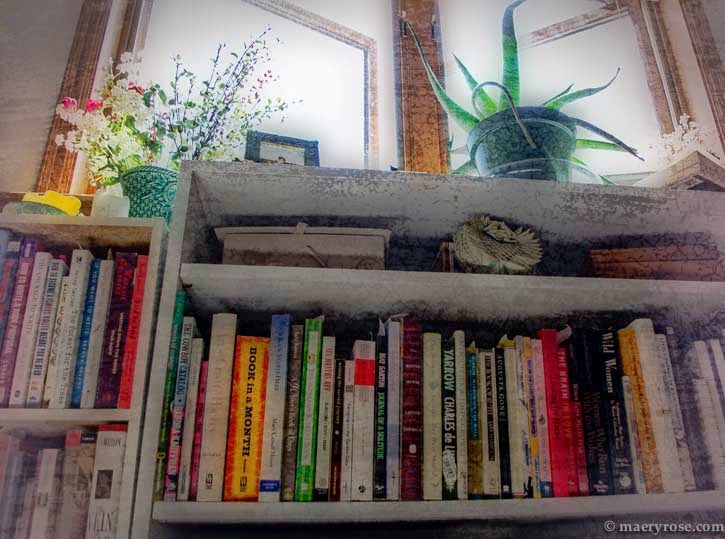
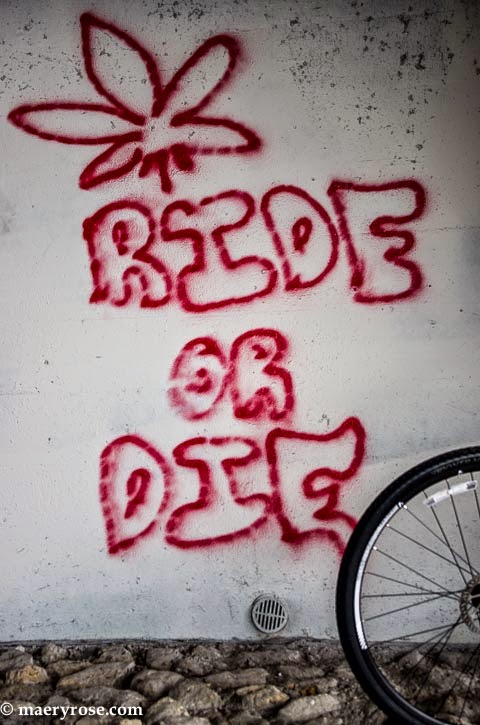

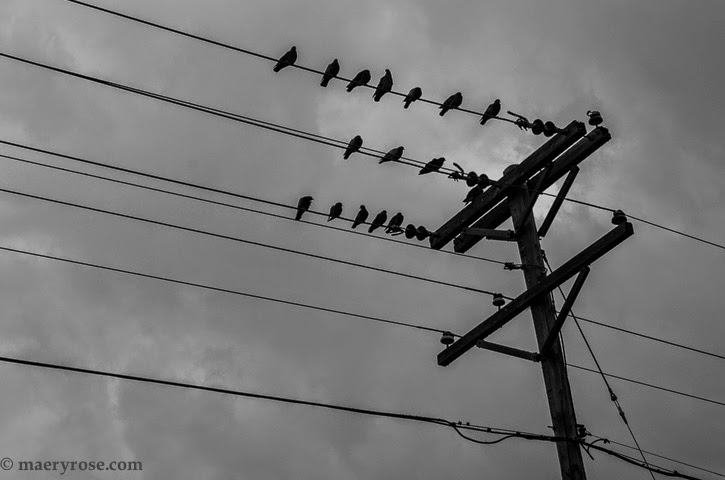
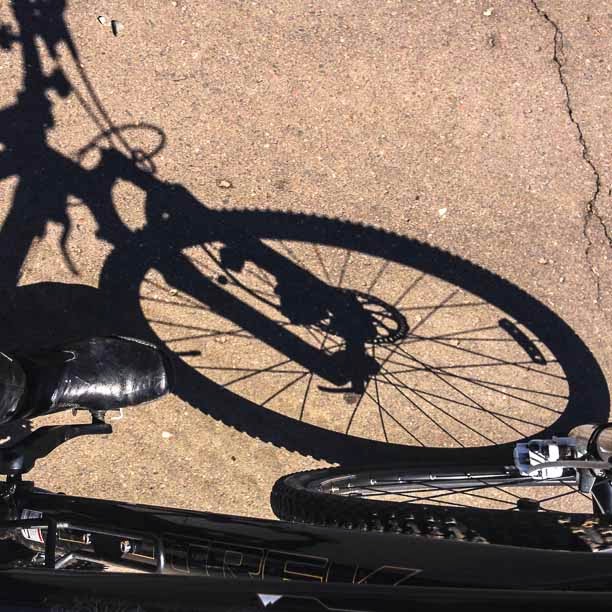
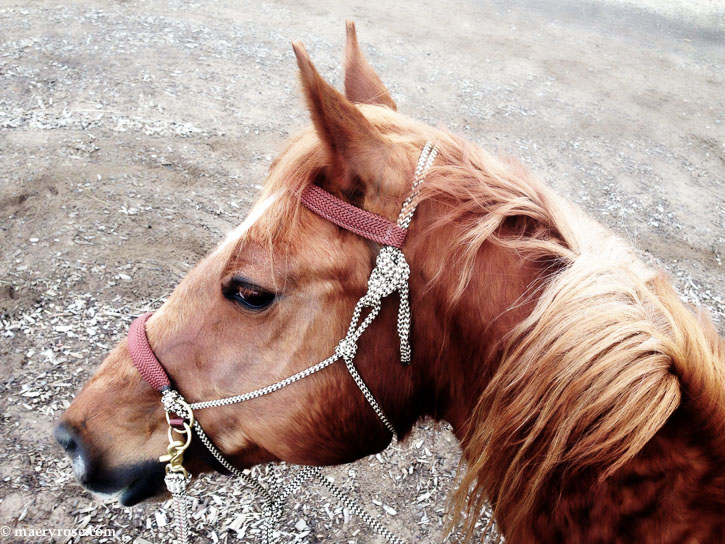
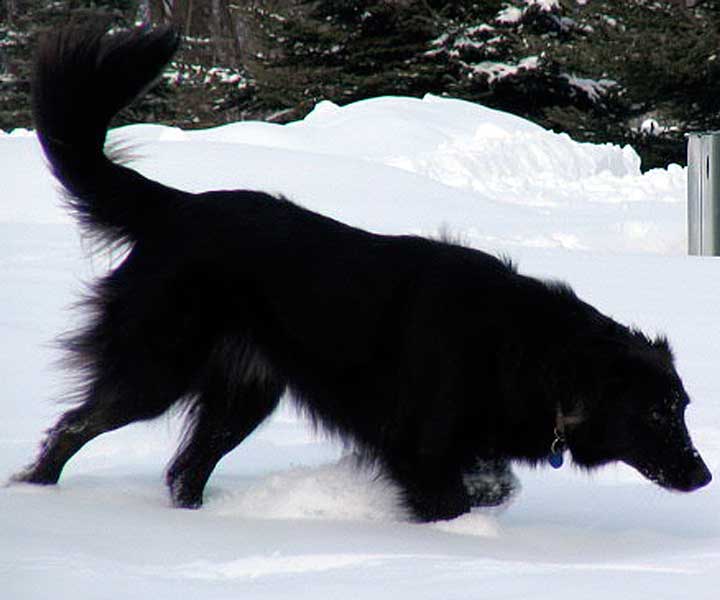
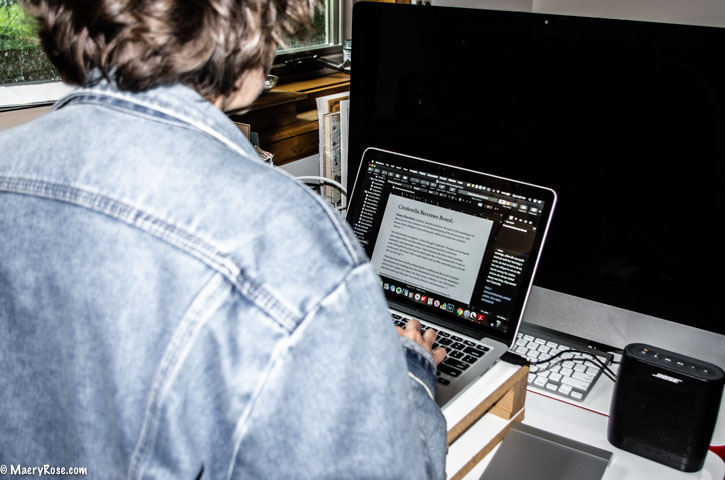
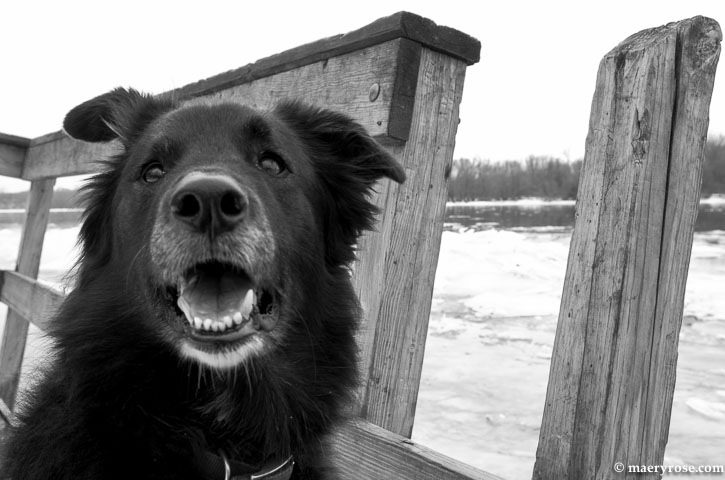
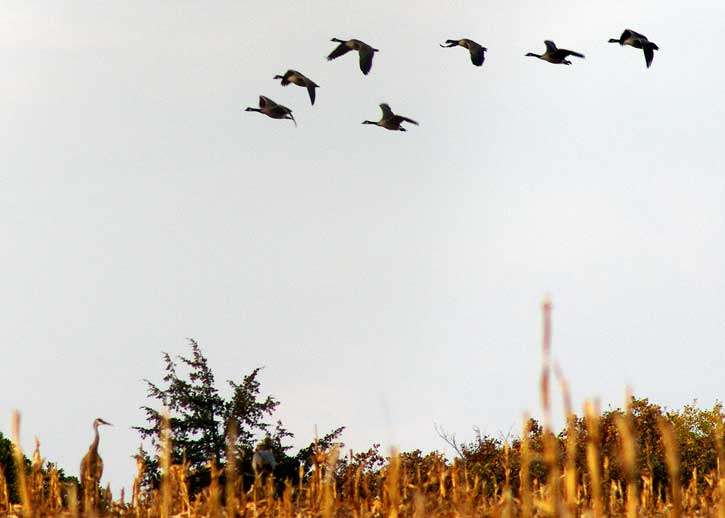
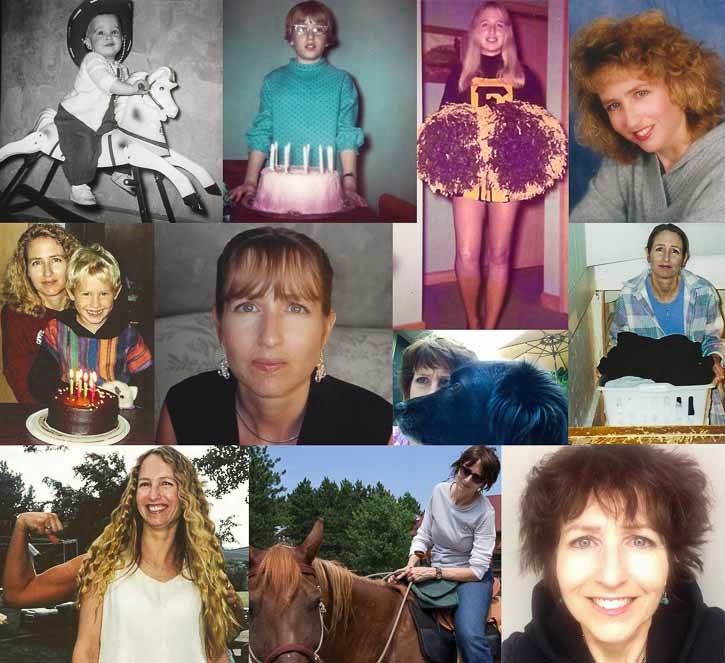
I love to read and am always looking for another book – thanks for the ideas.